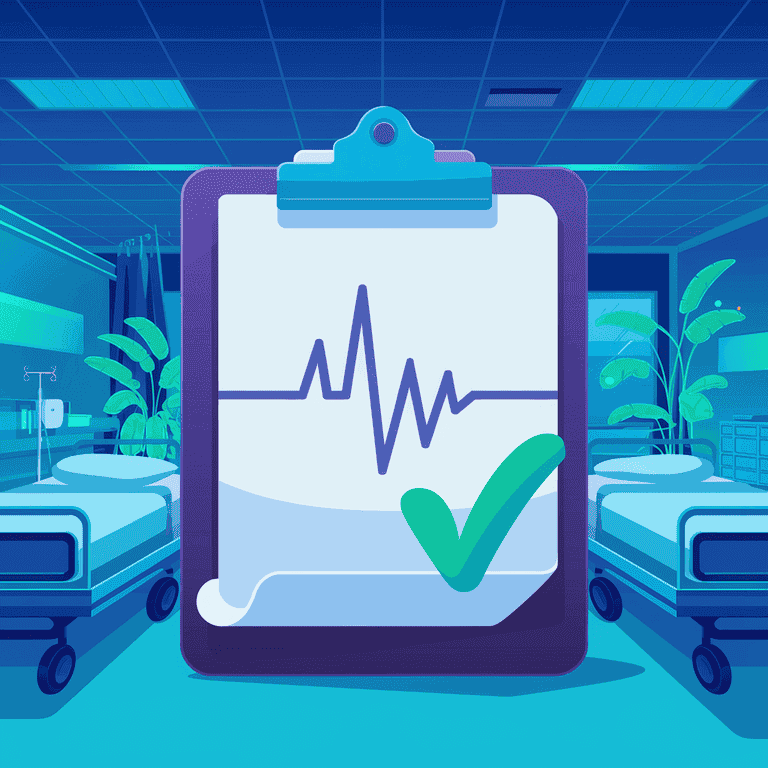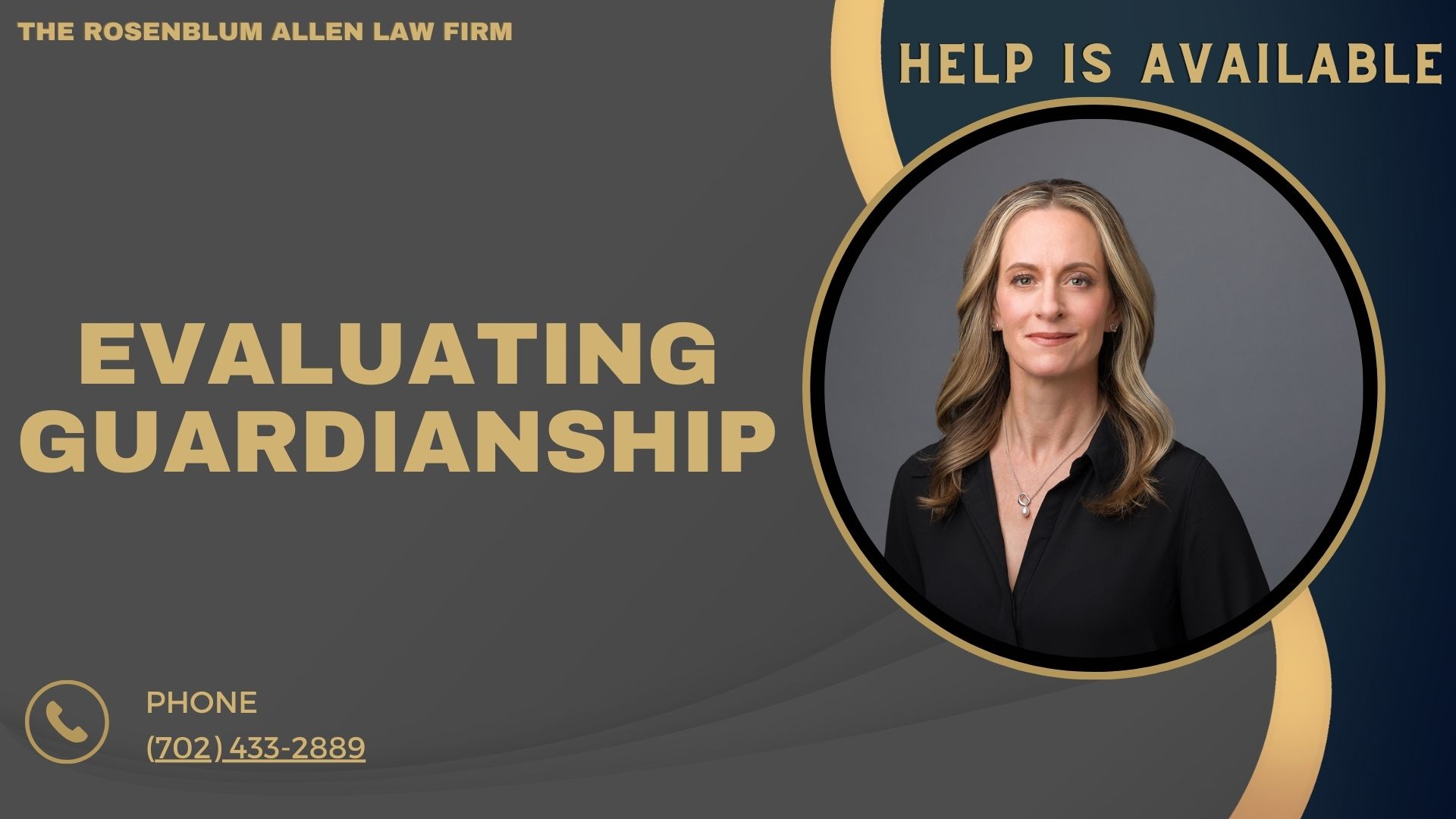Imagine you’re holding the reins of someone else’s life. That’s guardianship in a nutshell. It’s a legal arrangement where one person (the guardian) is given the authority to decide for another (the ward). This could be for an elderly parent, a child, or an adult with disabilities.
Guardianship isn’t a one-size-fits-all solution. It’s considered when someone can’t make sound decisions about their health, finances, or daily life. Think of it as a safety net, catching those who might fall through the cracks.
 Pros of Guardianship
Pros of Guardianship
Now, let’s look at the bright side. Guardianship can be a lifeline for many. It offers protection, stability, and peace of mind. Here’s why some people choose this path:
Legal Authority and Protection
When you’re a guardian, you’re not just a caregiver. You’re a legal superhero with the power to:
- Make important decisions: You have the final say on everything, from where the ward lives to what they eat for dinner.
- Prevent exploitation: Scammers and abusers, beware! Guardians are looking for anyone trying to take advantage of their ward.
Think of it as a shield. You’re protecting your loved one from harm, both seen and unseen.
Stability and Care
Guardianship isn’t just about legal power. It’s about providing a stable environment and consistent care. Here’s how it helps:
- Consistent support: No more guessing games. The ward knows who to turn to for help and decisions.
- Improved quality of life: With proper care and attention, many wards see their daily lives improve dramatically.
It’s like being a lighthouse in a storm. You’re there to guide and provide a steady presence, no matter what.
Financial Management
Money matters can be tricky, especially for those who struggle with decision-making. Guardianship offers:
- Oversight of assets: You’re in charge of keeping finances in order from paying bills to managing investments.
- Prevention of financial mismanagement: No more worries about the ward falling for get-rich-quick schemes or forgetting to pay important bills.
Think of yourself as a financial guardian angel, keeping your ward’s money safe and sound.

Medical Decision-Making
Health decisions can be overwhelming. As a guardian, you’re equipped to handle them:
- Access to healthcare information: No more being left in the dark about medical conditions or treatments.
- Authority to make medical choices: You can ensure your ward gets the necessary care from routine check-ups to major surgeries.
It’s like being a medical advocate, always looking for your ward’s best interests.
Court Supervision
Guardianship isn’t a free-for-all. There’s oversight to ensure everything’s on the up-and-up:
- Regular reporting: You must inform the court about your ward’s condition and actions.
- Accountability: If something’s wrong, the court can step in and make changes.
Think of it as a safety check. It’s there to protect both you and your ward.
Cons of Guardianship
Now, let’s flip the coin. Guardianship isn’t all sunshine and roses. It comes with its fair share of challenges. Here’s what you need to watch out for:
Loss of Independence
Remember when you first got your driver’s license? That feeling of freedom? Guardianship can take that away:
- Reduced autonomy: The ward loses the right to make their own decisions. It’s like being a teenager again, but without the fun parts.
- Potential for over-restriction: Sometimes, guardians can be overprotective. It’s a fine line between care and control.
Imagine having to ask permission for everything you do. That’s the reality for many under guardianship.

Cost and Complexity
Guardianship isn’t just emotionally taxing. It can hit your wallet hard too:
- Legal fees and court costs: The process isn’t cheap, so you might need to dip deep into your savings.
- Ongoing administrative responsibilities: Get ready for paperwork. Lots of it.
Potential for Conflict
Family dynamics can be tricky. Add guardianship to the mix, and you’ve got a recipe for drama:
- Family disagreements: Who should be the guardian? What decisions should be made? Cue the heated debates.
- Strain on relationships: The ward might resent losing their independence, and other family members might disagree with your choices.
It’s like being the referee in a family game night gone wrong. Everyone has an opinion, and not everyone will be happy.
Time-Consuming Process
Guardianship isn’t a set-it-and-forget-it deal. It’s more like adopting a new lifestyle:
- Initial court proceedings: Prepare for a marathon, not a sprint. The legal process can take months.
- Ongoing reporting requirements: Regular check-ins with the court are a must. It’s like having a part-time job you never applied for.
Think of it as a long-term commitment. You’re in it for the long haul.
Inflexibility
Once guardianship is in place, changing course can be tough:
- Difficulty in modifying terms: Want to give the ward more freedom? Be prepared for another round with the courts.
- Challenges in terminating guardianship: Ending guardianship can be as complex as starting it. It’s like trying to cancel a gym membership, but way more serious.
It’s a bit like setting sail in a large ship. Changing direction takes time and effort.
Alternatives to Guardianship
Before you jump into guardianship, consider these alternatives. They might be just what you’re looking for:
Power of Attorney
This is like guardianship’s more flexible cousin:
- Financial and healthcare decisions: You can choose what areas you want covered.
- Less restrictive: The person granting power of attorney controls other aspects of their life.
It’s a way to get help without giving up all control. Think of it as having a co-pilot instead of handing over the wheel completely.

Advanced Healthcare Directives
These are like leaving instructions for a house sitter, but for your healthcare:
- Specific medical instructions: You can spell out exactly what treatments you want (or don’t want).
- This avoids the need for medical guardianship: Your wishes are clear, so there’s no need for someone else to make those decisions.
It’s a way to have your voice heard, even when you can’t speak for yourself.
Supported Decision-Making
This is the new kid on the block in the world of care options:
- Maintains individual’s autonomy: The person makes decisions with support.
- Assists without full control: It’s like having a personal advisory board.
- Think of it as a team approach. You’re not taking over; you’re just providing backup.

Final Thoughts
As you mull over your options, keep the well-being of your loved one at the center. That’s the North Star that’ll guide you through this journey.And hey, pat yourself on the back. Just by reading this, you’re already taking steps to make an informed decision. That’s something to be proud of.So, what’s your next move? Whatever you choose, know that you’re not alone in this. Resources, professionals, and support systems are ready to help. You’ve got this!

Add Your Heading Text Here
How long does it take to establish guardianship?
The process can vary widely depending on your location and the case’s complexity. Generally, it takes anywhere from a few weeks to several months. In some complicated cases, it might even take a year or more.
Can a guardian be held liable for the ward’s actions?
In most cases, guardians are not personally liable for the ward’s actions. However, they may be held responsible if they’re negligent in their duties or fail to provide proper care and supervision.
Is it possible to have more than one guardian?
Yes, it’s possible to have co-guardians. This can be beneficial when different people have expertise in various areas, such as handling financial matters and overseeing healthcare decisions.
What’s the difference between guardianship and conservatorship?
While these terms are sometimes used interchangeably, they often have distinct meanings. Guardianship typically involves making personal and healthcare decisions, while conservatorship usually involves managing financial affairs. Some jurisdictions use both terms, while others use only one to cover all aspects.
Can a person under guardianship still vote?
This depends on the specific terms of the guardianship and local laws. In many cases, the right to vote is preserved unless explicitly revoked by a court order.
How often does a guardian need to report to the court?
Reporting requirements vary by jurisdiction, but most require annual reports. These typically include updates on the ward’s condition, financial statements, and any significant decisions made on behalf of the ward.
Can a ward contest or terminate a guardianship?
Yes, a ward can petition the court to end or modify a guardianship if they believe they’ve regained capacity or if the guardianship is no longer necessary. The court will review the petition and may require medical evaluations before deciding.
Are there different types of guardianship?
Yes, guardianship can be full (plenary) or limited. Full guardianship grants comprehensive decision-making power, while limited guardianship restricts the guardian’s authority to specific areas, allowing the ward to retain some rights.
What happens if a guardian can no longer fulfill their duties?
If a guardian cannot perform their responsibilities, they (or someone on their behalf) should notify the court. The court will then appoint a successor guardian or make other arrangements to meet the ward’s needs.
Can family members be paid for serving as guardians?
In many cases, family members serve as guardians without compensation. However, some jurisdictions allow guardians to receive reasonable compensation for their time and expenses, subject to court approval.
Is guardianship permanent?
While guardianship can be long-term, it’s not necessarily permanent. It can be modified or terminated if the ward’s condition improves or circumstances change. Regular reviews by the court help ensure the arrangement’s ongoing necessity.

Add Your Heading Text Here
Guardian: A person appointed by the court to make decisions on behalf of someone unable to make those decisions themselves.
Ward: The individual under guardianship and for whom decisions are being made.
Capacity: The ability to make informed decisions about one’s affairs. Lack of capacity is often the reason for establishing guardianship.
Plenary Guardianship: A type of guardianship where the guardian has full decision-making authority over all aspects of the ward’s life.
Limited Guardianship: A form of guardianship where the guardian’s authority is restricted to specific areas, allowing the ward to retain some rights and decision-making abilities.
Power of Attorney: A legal document that allows someone to make decisions on behalf of another person without the need for court intervention.
Advanced Healthcare Directive: Also known as a living will, this document specifies a person’s wishes for medical treatment if they become incapacitated.
Supported Decision-Making: An alternative to guardianship where individuals with disabilities work with trusted advisors to make decisions without relinquishing their rights.
Conservator: In some jurisdictions, a person appointed to manage the financial affairs of someone unable to do so themselves.
Fiduciary: A person with a legal and ethical relationship of trust with another person and is obligated to act in their best interest.
Petition: A formal written request to a court, typically used to initiate guardianship proceedings.
Guardian Ad Litem: A person appointed by the court to represent the ward’s best interests during guardianship proceedings.
Incapacitated Person: Someone who cannot make or communicate responsible decisions about personal care or financial affairs.
Court Order: An official decision or directive issued by a judge, often used to establish or modify guardianship arrangements.
Annual Report: A document submitted to the court by the guardian, detailing the ward’s condition, finances, and any significant decisions made over the past year.
Successor Guardian: A person designated to take over guardianship duties if the original guardian can no longer fulfill their responsibilities.
Termination of Guardianship: The legal process of ending a guardianship, typically when it’s no longer necessary or appropriate.
Least Restrictive Alternative: A legal principle that requires using the option that maintains the most rights and independence for the individual while still providing necessary protection

Further Reading
Here’s a reminder about the other sources on your website related to guardianship:
Guardianship (Temporary v. Permanent): This section explains the differences between temporary and permanent guardianship. It provides insights into the legal requirements, responsibilities, and considerations for both types of guardianship.
Nevada Guardianship Attorneys: This section highlights your law firm’s expertise in handling guardianship cases in Nevada. It emphasizes the importance of seeking legal assistance when navigating the complexities of guardianship proceedings.
Adult vs. Child Guardianship: This resource discusses the distinctions between adult and child guardianship. It provides information about the legal processes and considerations involved in each type of guardianship.
Terminate Legal Guardianship in Las Vegas: This section addresses the process of terminating legal guardianship in Las Vegas. It provides guidance and information on the necessary steps, requirements, and considerations for terminating a guardianship arrangement.
Guardianship (Summary vs. Estate): This resource explores the differences between summary guardianship and estate guardianship. It explains the legal framework, procedures, and factors to consider when determining the appropriate type of guardianship.
We’re ready to fight for the rights of you and your family!

Offsite Resources You May Find Helpful
National Guardianship Association: A comprehensive resource for information on guardianship, including best practices, ethical guidelines, and educational resources.
American Bar Association – Guardianship Law: This resource provides extensive information on guardianship law, including articles, FAQs, and links to other resources.
Center for Guardianship Certification: An organization that provides certification for guardians and offers resources and education about the guardianship process.

What Next?
Guardianship is a big decision that affects your life and the lives of your loved ones.
It’s vital to ensure you understand all the details before taking this step. We provide comprehensive legal advice to help Nevadans understand their options regarding guardianship.
Call us today at (702) 433-2889, and let us help you take the next step.




